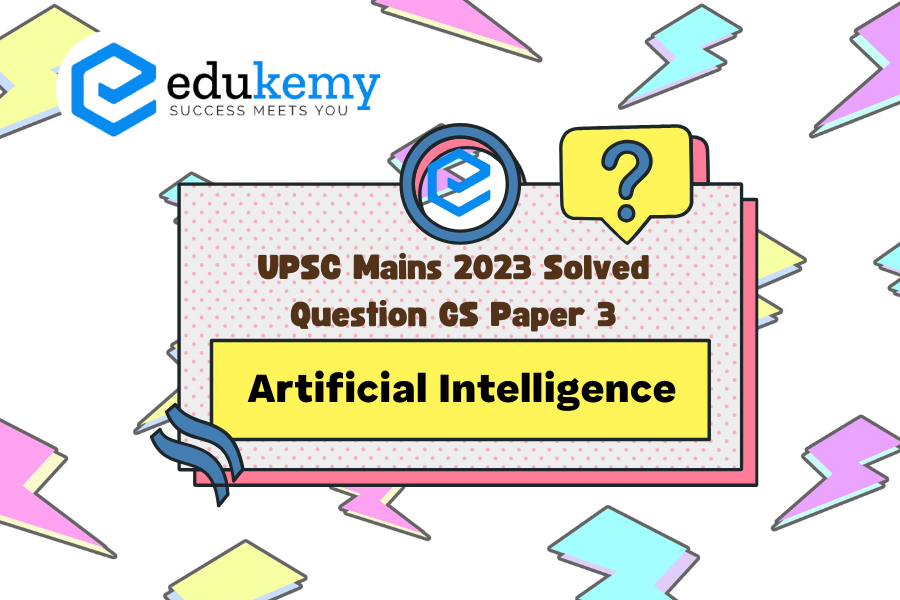Artificial Intelligence (AI) represents a transformative technology that simulates human intelligence processes, enabling machines to learn, reason, and perform tasks typically requiring human cognition. In healthcare, AI has emerged as a powerful tool, particularly in clinical diagnosis. AI algorithms can analyze vast amounts of patient data, including medical records, imaging scans, and genetic information, to aid healthcare professionals in diagnosing diseases accurately and efficiently. By identifying patterns and anomalies within data sets, AI systems can assist in early detection, treatment planning, and prognosis prediction, ultimately improving patient outcomes.
However, the integration of AI in healthcare also raises concerns about privacy. The utilization of sensitive personal data in AI algorithms poses risks of unauthorized access, data breaches, and misuse. Moreover, the reliance on AI systems for decision-making may raise questions about transparency, accountability, and the potential for bias in diagnosis and treatment recommendations. Thus, while AI offers promising advancements in clinical diagnosis, it is essential to address privacy concerns through robust data protection measures, ethical guidelines, and regulatory frameworks to ensure patient confidentiality and trust in healthcare systems.
Contents
Answer:
Introduction:
Artificial Intelligence (AI) represents a specialised field within computer science focused on crafting intelligent agents—systems capable of independent reasoning, learning, and autonomous decision-making. AI research has yielded remarkable accomplishments in devising effective methodologies to address a diverse array of challenges, spanning from strategic gameplay to medical diagnosis.
Body:
AI’s Role in Clinical Diagnosis:
- Predictive Analytics: AI forecasts disease onset, e.g., Google’s DeepMind predicts patient deterioration up to 48 hours in advance, enabling proactive care.
- Medical Imaging: AI enhances X-ray and MRI analysis, e.g., IBM’s Watson Health improves cancer detection accuracy.
- Personalised Treatment: AI tailors treatments to patient data, e.g., IBM Watson suggests genetically aligned therapies.
- Drug Discovery: AI speeds drug development, e.g., Atomwise accelerates life-saving drug creation.
- Remote Patient Monitoring: AI devices track vital signs remotely, alerting for prompt medical attention.
- Natural Language Processing (NLP): AI aids in mining medical records using NLP, e.g., Amazon’s Comprehend Medical for informed decision-making.
- Wearable Health Monitors: AI-powered wearables like the Apple Watch monitor vital stats and alert users to anomalies, promoting proactive health management
Threat to the privacy of the individual in the use of AI in healthcare:
- Privacy Concerns: One primary concern is the potential for AI algorithms to identify and track individuals without their explicit consent. Example: A Japanese hospital faced public outrage when it was revealed they used patient data without consent to develop an AI diagnostic tool.
- Consent Concerns: The use of AI-powered diagnostic tools may lead to decisions about patients’ care being made without their input or full understanding, raising ethical concerns.
- Surveillance: The proliferation of remote monitoring and AI-driven tracking technologies gives rise to apprehensions about surveillance and infringement on personal freedoms. For example, wearable health devices could be repurposed for non-medical surveillance purposes.
- Data Security Vulnerability: Malicious may target healthcare AI platforms to gain access to patient records, potentially for purposes such as extortion or identity theft. Ex: In India, data leaks from COVID-19 tracking apps exposed vulnerabilities in securing extensive data repositories.
Way forward:
- Stricter Regulations: India must lead in crafting comprehensive AI healthcare regulations, integrating global best practices to ensure safe and ethical AI while protecting user data.
- Transparency: Develop transparent AI systems open to audit trails, possibly through community-supported open-source initiatives, guaranteeing reliability and privacy compliance.
- Data Encryption: Employ advanced encryption techniques like homomorphic encryption for secure handling of sensitive healthcare data.
- Unbiased Training: Promote unbiased AI algorithm development with diverse training datasets, potentially through community-driven efforts to collect ethical and inclusive data.
- Ethical AI Development: Foster ethical AI through national workshops and think-tank discussions, embedding moral principles throughout the AI development process, potentially setting global standards for ethical AI
Conclusion:
Hence,AI has the power to revolutionise healthcare, yet, like any potent tool, it poses challenges, particularly in the realm of data privacy. Finding the equilibrium between harnessing AI’s potential and safeguarding patient privacy is essential. The path forward involves a forward-thinking, cooperative, and regulated approach.
In case you still have your doubts, contact us on 9811333901.
For UPSC Prelims Resources, Click here
For Daily Updates and Study Material:
Join our Telegram Channel – Edukemy for IAS
- 1. Learn through Videos – here
- 2. Be Exam Ready by Practicing Daily MCQs – here
- 3. Daily Newsletter – Get all your Current Affairs Covered – here
- 4. Mains Answer Writing Practice – here


